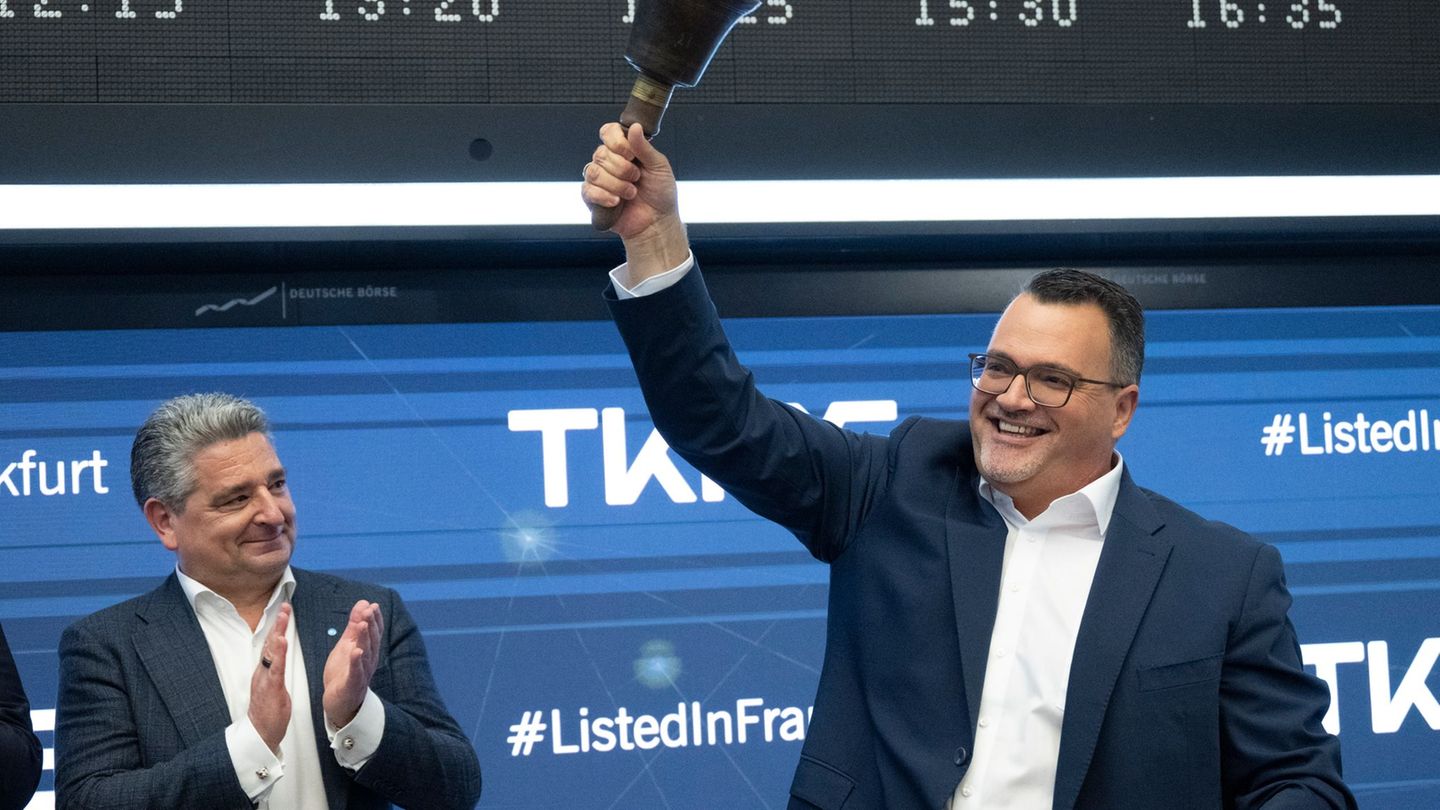The German stock market extended its gains on Wednesday following encouraging US inflation data. The DAX ultimately rose by 1.42 percent to 18,630.86 points. The leading index thus almost made up for the losses of the past three trading days – on Tuesday it had reached a five-week low. The MDax with medium-sized stocks closed midweek 1.19 percent higher at 26,772.92 points.
Consumer prices in the US for May showed a surprising decline in inflation compared to the previous year. Observers, however, had expected stagnation. In addition, the core annual inflation rate excluding energy and food fell more than expected. The US Federal Reserve pays particular attention to this rate because, in the opinion of experts, it reflects the general price trend better than the overall rate. The data gave new impetus to hopes of US interest rate cuts.
Investors were now all the more anxiously awaiting the Fed’s interest rate decision after the European close of trading. It is considered virtually impossible that the monetary authorities will initiate a monetary policy turnaround today. The focus on the financial markets is instead on whether the new key interest rate projections will only indicate one or two interest rate cuts this year, as Helaba economist Ulrich Wortberg wrote.
The stock markets in Europe and the USA also benefited from the interest rate hopes on Wednesday. The Eurozone’s leading index, the EuroStoxx 50, rose by 1.4 percent. In Paris and London, the price gains were somewhat less significant. The US leading index, the Dow Jones Industrial, gained 0.3 percent at the end of European trading, while the Nasdaq 100, which is peppered with interest-sensitive technology stocks, rose by 1.5 percent.
Fear of a trade dispute with China and negative signals from supplier Stabilus weighed on sentiment among German car manufacturers. The EU Commission is threatening to impose high, provisional punitive tariffs on electric cars from China because, in its view, their manufacturers are benefiting from subsidies that distort competition. China countered with possible retaliatory tariffs.
On the foreign exchange market, the euro recently climbed to 1.0843 US dollars following the US inflation data. The European Central Bank (ECB) had previously set the reference rate at 1.0765 dollars, meaning the dollar cost 0.9289 euros.
On the bond market, the yield on bonds fell from 2.71 percent the day before to 2.65 percent. The bond index Rex rose by 0.51 percent to 124.01 points. The Bund future gained 0.70 percent to 131.19 points.
Source: Stern




